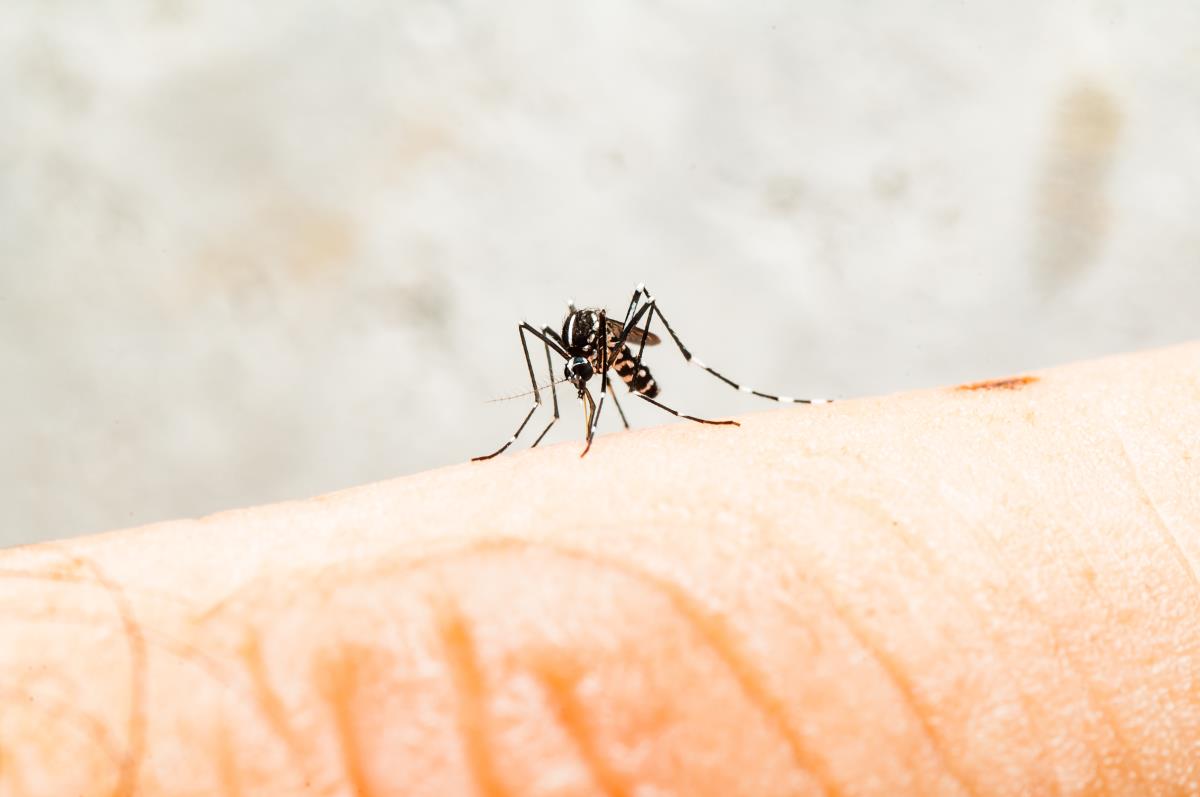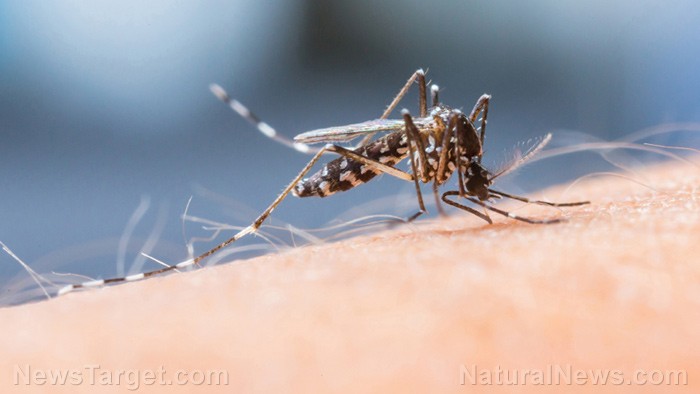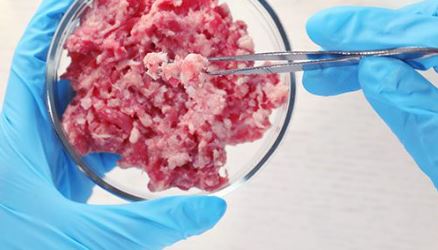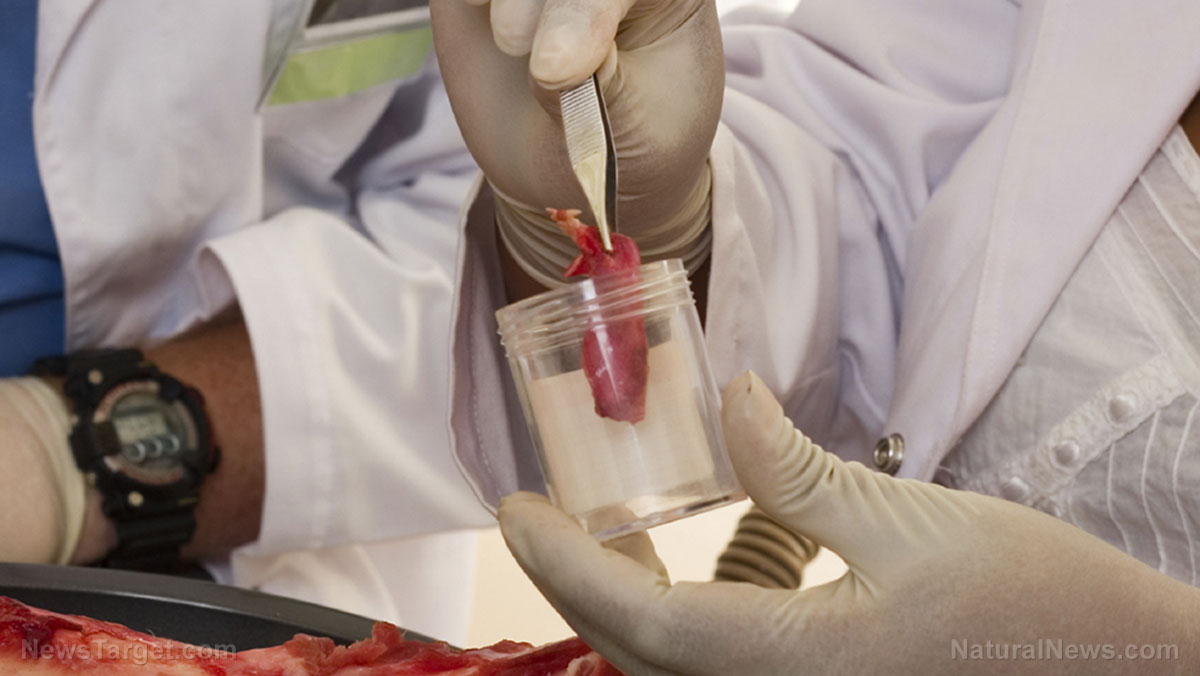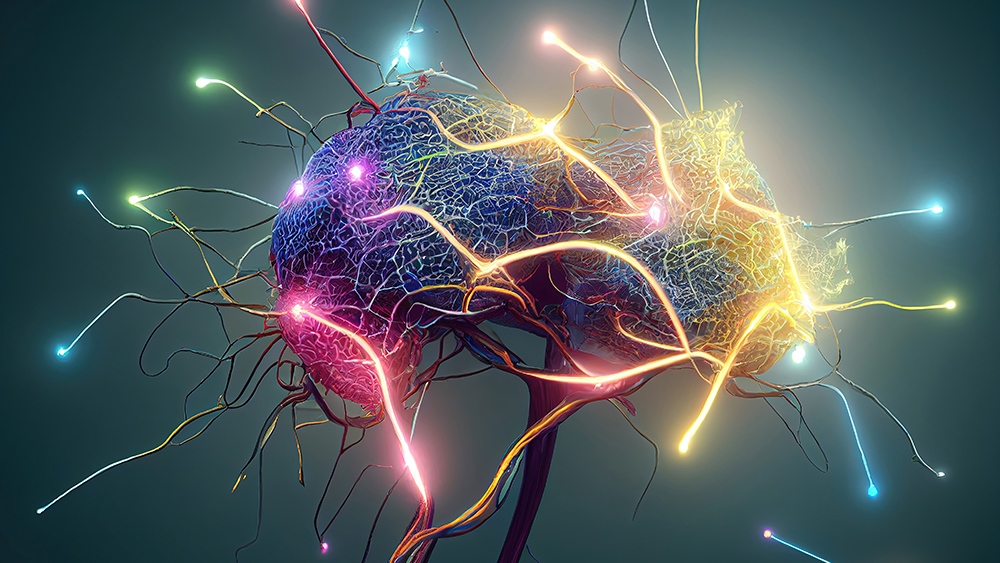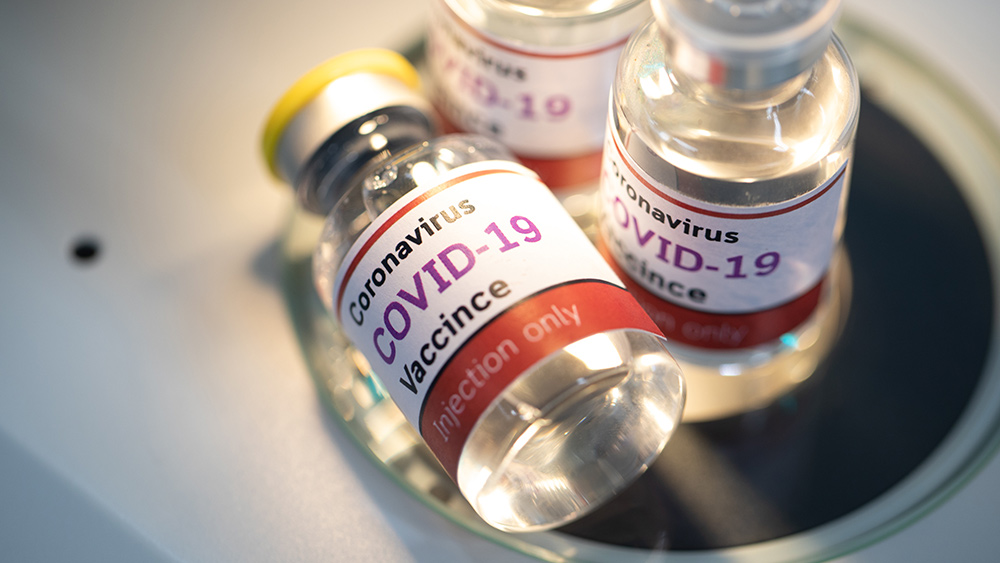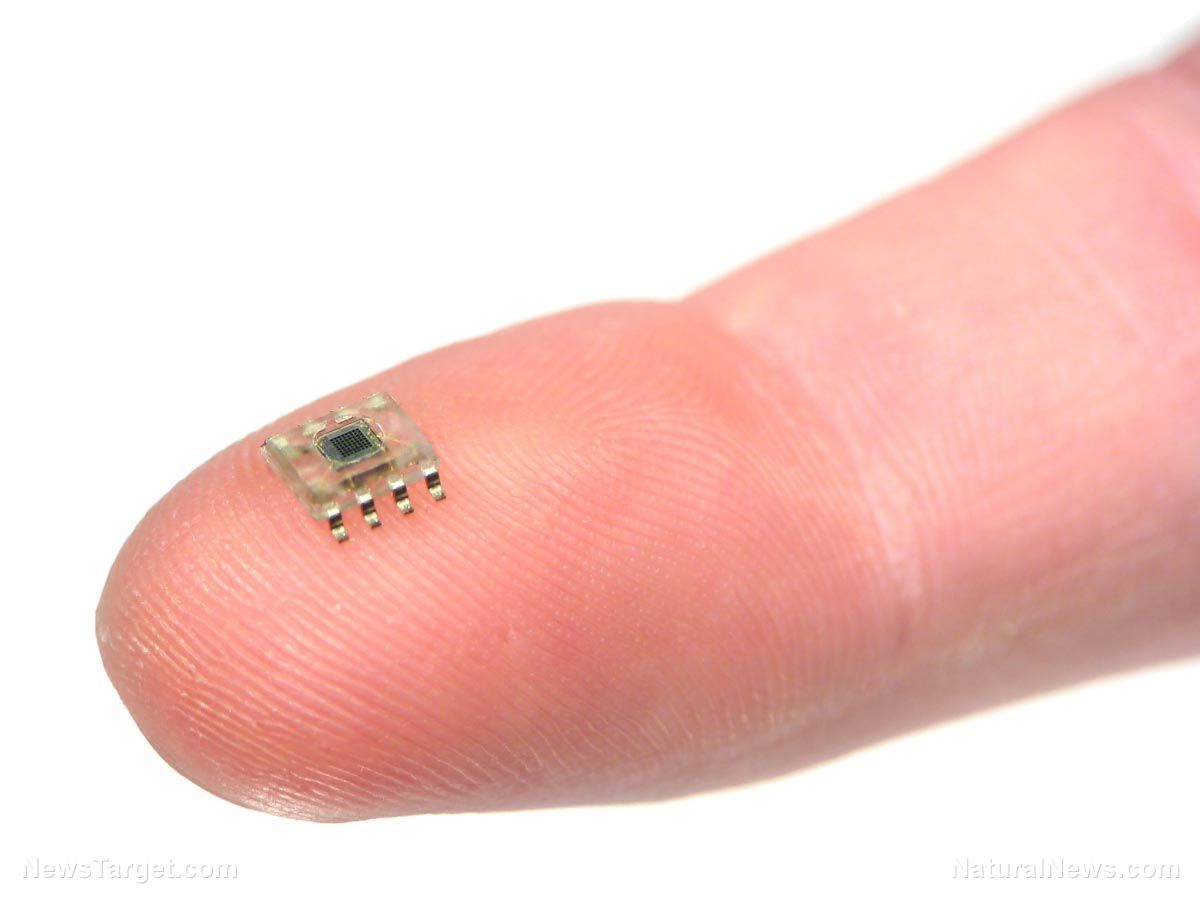COVID-19 vaccines have created a DEADLY ALLIANCE featuring graphene, mRNA and nanotech
07/09/2023 / By Zoey Sky

The Wuhan coronavirus (COVID-19) vaccines have created a deadly alliance featuring graphene, mRNA and nanotech.
This deadly alliance hides lipid nanoparticles, the tiny carriers designed to transport genetic material deep into human cells. But behind their seemingly harmless purpose lies a dystopian reality, where the boundaries of human control and manipulation by those in power blur.
Nanotech in COVID-19 vaccines
Nanotechnology has become an increasingly popular tool in the development and delivery of medications and vaccines.
Pfizer and Moderna, two of the major manufacturers with the most to gain from the COVID-19 vaccine development, have both used nanotech in their mRNA vaccines.
The Pfizer-BioNTech vaccine uses lipid nanoparticles as a delivery system for the mRNA that encodes the spike protein of SARS-CoV-2, the virus that causes COVID-19. These lipid nanoparticles encapsulate and protect the mRNA so it can enter human cells and induce an immune response. (Related: Study claims COVID-19 vaccines contain graphene nanobots – and they can be transmitted to the unvaccinated.)
On the other hand, the Moderna COVID-19 vaccine uses lipid nanoparticles to deliver the mRNA encoding the spike protein.
The lipid nanoparticles are designed to protect the mRNA from degradation and enable its entry into human cells.
Lipid nanoparticles are tiny particles made of lipids or fats which encapsulate the mRNA strands and protect them from degradation. Some claim that this technology is a breakthrough in vaccine development, but others say that it raises concerns about potential risks and unintended consequences.
One of the main concerns surrounding lipid nanoparticles is their potential to trigger harmful immune responses in the body because the lipid composition and structure of these nanoparticles can trigger inflammatory reactions and immune system activation, which may have negative side effects.
According to studies, certain lipid formulations used in these nanoparticles can cause inflammation, tissue damage and systemic reactions in some people. These findings raise questions about the possible harmful long-term effects of lipid nanoparticles.
The assessment report of the Pfizer vaccine published by the European Medicines Agency (EMA) shows that two of the lipids in Pfizer’s coronavirus vaccines are ALC-0159 and ALC-315. However, both of these lipids carry the manufacturer’s warnings stating that they must never be used in humans or animals.
The biodistribution of lipid nanoparticles in the body is also another cause for concern because once injected, these nanoparticles can spread beyond the injection site and spread through different tissues and organs.
While this property is essential for the efficient delivery of mRNA, it also raises questions about the potential accumulation and persistence of these nanoparticles in your organs.
Limited research has been conducted to shed light on the long-term retention and potential adverse effects of lipid nanoparticles in the body.
The use of lipid nanoparticles in coronavirus vaccines also emphasizes the need to study their potential impact on reproductive health. The results of animal studies have shown that certain lipid formulations used in these nanoparticles can accumulate in reproductive organs and interfere with fertility.
And even though the available data is limited, it points to the need to study the effects of lipid nanoparticles on reproductive health, particularly due to the widespread administration of COVID-19 vaccines.
Graphene in the bloodstream
Graphene oxide is a fairly new substance and not much is known about it.
But studies have found that it can be toxic to cells and tissues in the body. If graphene was injected into the bloodstream, it could harm human health.
A two-dimensional material made up of carbon atoms arranged in a hexagonal lattice, graphene has some impressive properties. The material is strong, flexible and conductive.
But graphene is also highly reactive and can interact with biological molecules in the body, suggesting that it can potentially harm vaccinated humans.
Data has also revealed that graphene can induce oxidative stress, which can damage cells and cause inflammation. The material can also harm DNA and disrupt cellular membranes, which can result in cell death.
Injecting graphene into the bloodstream could cause various health issues such as inflammation, blood clotting and organ damage because introducing the material to the human body disrupts its balance, increasing the risk for different health issues.
This makes it more alarming that research has revealed a potential link between graphene oxide (GO) and the COVID-19 vaccines developed by Pfizer-BioNTech and Moderna.
mRNA technology in Pfizer and Moderna vaccines
Pharmaceutical giants Pfizer and Moderna have both used mRNA technology in their coronavirus vaccines.
While mainstream institutions claim that these mRNA-based vaccines are breakthroughs in medical science amid the pandemic, digging deeper can help uncover their potential dangers.
The mRNA technology uses genetic instructions to stimulate an immune response and raises concerns about long-term genetic alterations, potential autoimmune reactions and the erosion of bodily autonomy.
If you value your freedom, you must question the true motives behind the rapid deployment of this technology and its potential exploitation by those in power.
Several independent studies conducted by experts have shown that GO is present in vaccines. But manufacturers, medicine regulators and alleged fact-checkers deny these claims, possibly due to the known harmful effects it has on the body.
One such expert is Dr. Philippe van Welbergen, who conducted a study of the mRNA coronavirus vaccines. The results of his study revealed that GO was present in coronavirus vaccines and that it is being transmitted from the vaccinated to the unvaccinated, eventually destroying red blood cells and causing blood clots.
Learn more about the harmful side effects of COVID-19 vaccines at Vaccines.news.
Watch the video below to know more about COVID-19 vaccine nanobots.
This video is from the SecureLife channel on Brighteon.com.
More related stories:
FRESHLY OVERLAID graphene oxide “nanobots” found in Pfizer COVID-19 vaccines.
Sources include:
EMA.Europa.eu[PDF]
Submit a correction >>
Tagged Under:
Big Pharma, biotech, bioweapons, Blood clots, covid-19, electrical charge, graphene, graphene nanobots, pharmaceutical fraud, Philippe van Welbergen, shedding, toxic ingredients, toxins, vaccine damage, vaccine ingredients, vaccine injury, vaccines, Wuhan coronavirus
This article may contain statements that reflect the opinion of the author
RECENT NEWS & ARTICLES
COPYRIGHT © 2017 BIO TECH NEWS


